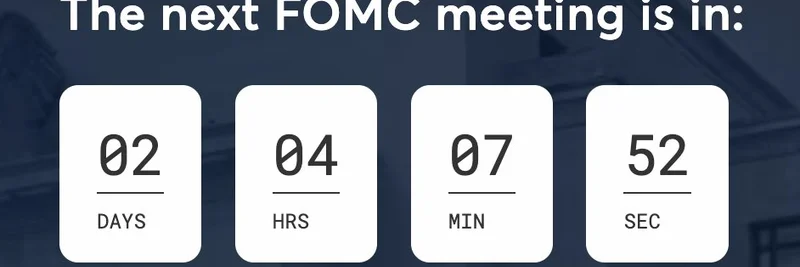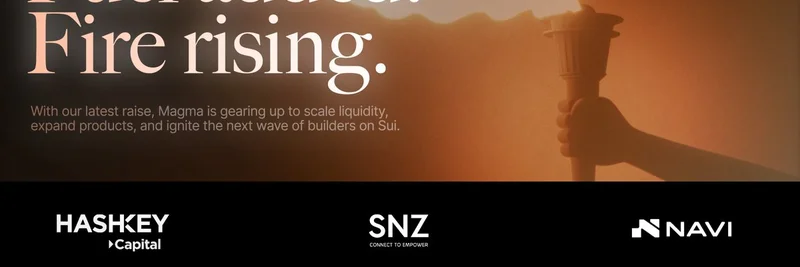You've probably spotted that quirky paperclip popping up in profile pictures across the internet lately. Yes, I'm talking about Clippy, the helpful (and sometimes annoying) assistant from old Microsoft Office versions. But why is this relic from the '90s making a comeback? It turns out, Clippy has become a powerful meme symbol for pushing back against Big Tech's invasive practices. Let's dive into the story, as shared in a recent thread by Proton Drive, the privacy-focused cloud storage service.
It all kicked off with Louis Rossmann, a well-known advocate for the "right-to-repair" movement. He encouraged folks to swap their profile pics to Clippy as a form of protest. The right-to-repair is basically the idea that you should be able to fix your own gadgets without jumping through hoops set by manufacturers—think Apple or Samsung making it hard to repair your phone yourself. Rossmann's call tapped into a deeper frustration: we've lost the simple, user-friendly tech of the past.
What makes Clippy so fitting for this role? Back in the day, Clippy just popped up to offer tips on your documents, then vanished. It didn't spy on your typing to sell your data, lock you out of features, or nag you with subscription fees. In contrast, today's tech giants like Google and Microsoft often collect mountains of personal data without clear consent, design products that keep you hooked, and shift everything to "rent-not-own" models. End-to-end encryption (e2e), which Proton Drive champions, is a tech term meaning your data is scrambled so only you can access it—not even the service provider can peek in.
The meme's spread shows a growing awareness. People are tired of the trade-offs: convenience at the cost of privacy. Changing your profile pic to Clippy is a fun, visible way to say, "We want tech that serves us, not exploits us." But as Proton Drive points out, it's just a start. Real change means supporting services with privacy baked in from the ground up, transparent business models (no hidden data sales), and full control over your data and devices.
Proton Drive itself is a great example—it's open-source (meaning anyone can check the code for backdoors), audited for security, based in privacy-strong Switzerland, and even offers 5GB free storage. This aligns with the broader push against surveillance capitalism, where companies profit from tracking your every move.
In the world of memes, Clippy's revival isn't just nostalgic; it's a call to action. If you're into blockchain and crypto, this resonates with decentralized tech's ethos—putting power back in users' hands, much like how meme tokens empower communities over centralized finance. Whether you're protesting Big Tech or building the next big thing in Web3, remember: small symbols like a paperclip can spark big conversations.
If this strikes a chord, why not join the movement? Update your profile, explore privacy tools like Proton, and keep the dialogue going. After all, the internet was meant to be free and user-centric—let's reclaim that vision.



